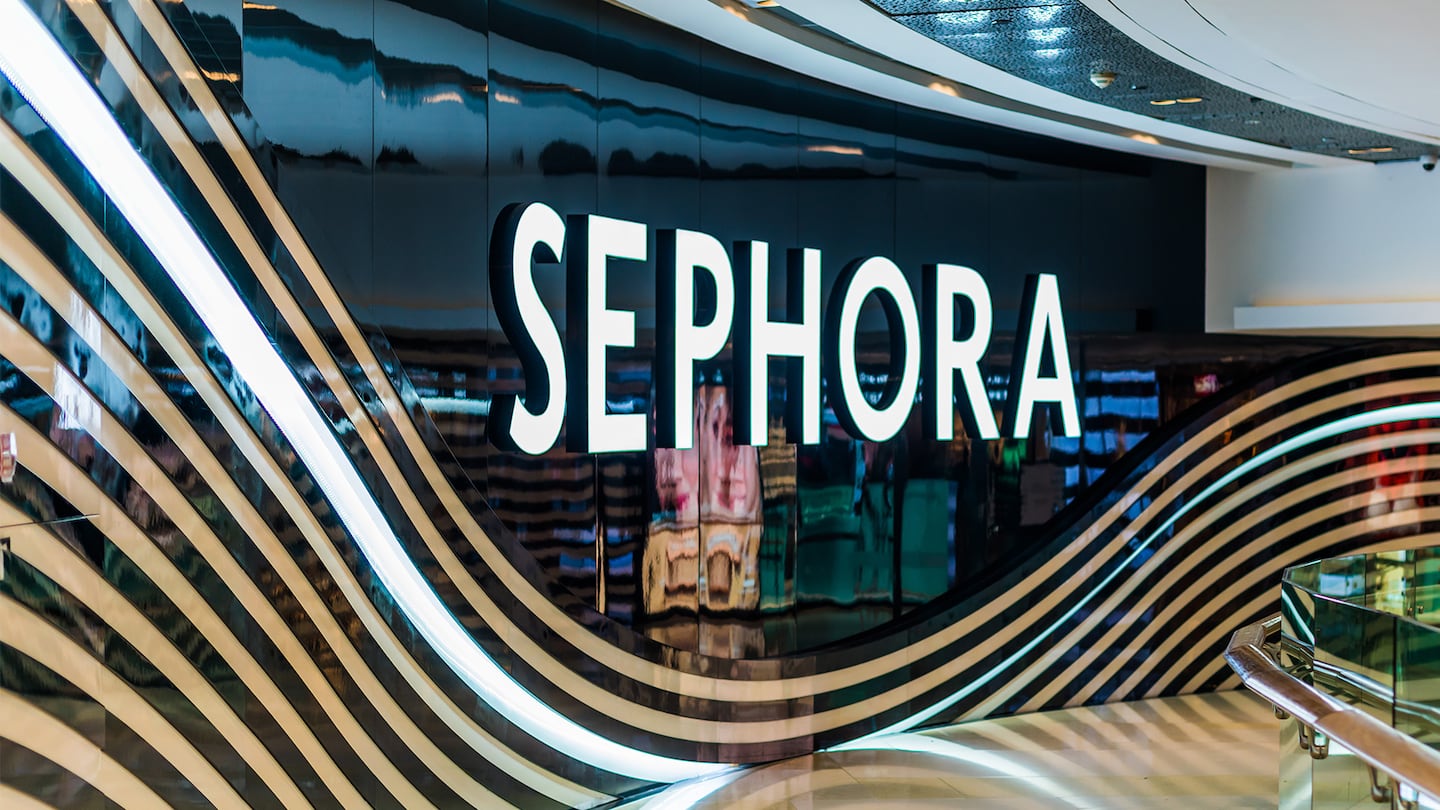
The Business of Fashion
Agenda-setting intelligence, analysis and advice for the global fashion community.

Agenda-setting intelligence, analysis and advice for the global fashion community.

The most important job in the beauty industry — CEO of Sephora — is suddenly open. The retailer needs to cast a wide net to fill the role.
Martin Brok, who Sephora named president and chief executive officer less than two years ago, departed the LVMH-owned beauty retailer last week. His predecessor, Chris de Lapuente, will serve as interim CEO until a permanent replacement is found. Many of the other top jobs at Sephora, including the CEO of the company’s Americas division, Jean-André Rougeot, are held by men. Artemis Patrick, the global chief merchandising officer, and Deborah Yeh, the chief marketing officer, are both women — and many thought Patrick would become CEO of the Americas when Calvin McDonald stepped down in 2019.
Plenty of beauty insiders will roll their eyes if another white man is named to the top job. It’s unlikely that there would be much pushback from consumers, however. People almost certainly won’t boycott Sephora stores or start shopping on Ulta’s website instead. You could spend hours asking shoppers inside Sephora’s Times Square store who runs the company before finding one who knew the answer.
But who runs Sephora matters.
ADVERTISEMENT
The beauty industry is deeply and systemically flawed — it holds women to unattainable physical standards, builds them up as “girl bosses” and then judges them more critically than the men who hold the same roles. The lack of inclusivity and diversity is an embarrassment, from product assortment to leadership to the tiny amount of shelf space that Black- and POC-founded brands occupy compared to their white counterparts.
At the same time, women, including many women of colour, have led the charge in founding newer brands and direct-to-consumer start-ups. Many of the start-ups, challengers and indie lines sold at Sephora are run by women and non-white men.
Which begs the question: why not the retailer itself?
Sephora plays a unique role in the beauty industry. Before Ulta started carrying direct-to-consumer, Gen Z-focused and luxury lines (like Chanel) and Target and Walmart started picking up trendier beauty brands, Sephora was the gatekeeper of the beauty industry. Similar to what Anna Wintour represents in fashion, being sold at Sephora was the main way to gain credibility as a beauty brand. Even today, Sephora remains the leader when it comes to defining global beauty tastes.
The retailer has launched a series of diversity initiatives, including Sephora Accelerate, a program that incubates BIPOC founded lines, and has signed onto the 15 Percent Pledge to dedicate more space to Black-owned brands. But it hasn’t made much progress in diversifying at its highest ranks.
Having the top post at the largest global beauty retailer run by yet another white man raises questions about how much progress the industry has actually made. Naming a female CEO, a person of colour — or someone who identifies as both — by contrast, would send a signal to every employee at LVMH and throughout the beauty industry. It sets a precedent that opens up possibilities for other brands and retailers.
That’s not to say there aren’t already female leaders at the top of the beauty industry. At LVMH alone, the CEOs of Guerlain, Make Up For Ever, Acqua di Parma, Benefit Cosmetics and the brand incubator Kendo are all women. (Rihanna is the company’s only nonwhite beauty CEO, at Fenty Beauty).
Elsewhere, most of the biggest beauty companies are run by men, including L’Oréal, The Estée Lauder Companies and Shiseido. Ulta Beauty had a female CEO, Mary Dillon, for eight years until she stepped down in March 2021. She was replaced by Dave Kimbell, the company’s president. Coty is the exception: the French beauty conglomerate named Sue Nabi, a trans woman, its chief executive in July 2020.
ADVERTISEMENT
Research has consistently shown that diversity in the top post is extremely important; it ultimately leads to better decision making and the ability to recruit top talent. It also sets a precedent for aspiring executives. It says: “I don’t have to be the first to do this, there are others like me who wanted the same thing and have gotten there.”
The unfortunate flip side is that many of these “firsts” are held to unreasonable standards (were the toxic “girl bosses” really so much worse than their male analogues? No.) or installed as CEO just as their company is headed into a crisis, for which they will inevitably be blamed.
Nevertheless, good leaders know that signals matter and it provides a foundation for others that come after them. It’s how exceptions become the rule. This is Sephora’s opportunity to appoint a leader more representative of the customers it serves — and wants to serve.
As awareness grows about the perils of sleep deprivation, beauty and wellness brands are flooding the market with an array of products to cash in on the booming opportunity.
Going public is usually a pivotal moment in a company’s history, cementing its heavyweight status and setting it up for expansion. In L’Occitane’s case, delisting might be a bigger conduit for growth.
Brands say they’re barreling ahead with marketing and commerce on the app, even as the clock starts ticking for owner ByteDance to sell it or shut it down.
The Spanish beauty and fashion conglomerate’s smart acquisitions and diverse portfolio could be a big draw for investors. Plus, Adidas is set to confirm its stellar first quarter.